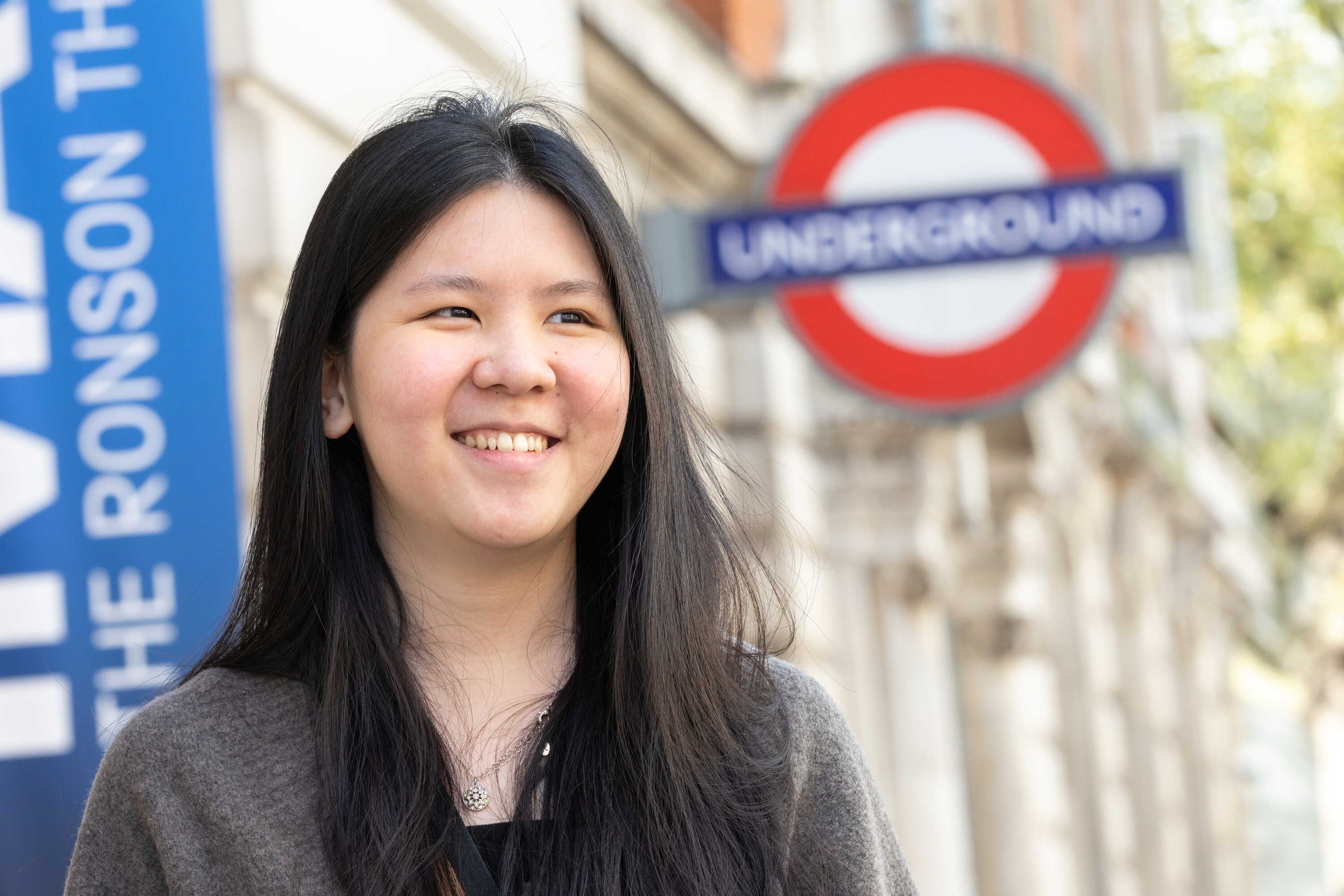.jpg)
Bioengineering
Our highly stimulating environment for research attract exceptional individuals from an array of academic backgrounds.
Course key facts
Qualification
PhD
Duration
4 years
Study mode
Full-time, Part-time
Delivered by
Location
-
South Kensington
-
Academic requirements
A good 2:1 or 1st class degree from a UK university or equivalent in engineering, physical sciences, mathematics, biological sciences, physiology or medicine.
Course overview
Biomedical engineering is a discipline that advances knowledge in engineering, biology and medicine, and improves human health through cross-disciplinary activities that integrate the engineering sciences with the biomedical sciences and clinical practice.
Our interdisciplinary research involves collaborations across the College as well as with other international centres of research, leading London hospitals and a variety of industrial partners. This creates a highly stimulating environment for student research attracting exceptional individuals from an array of academic backgrounds.
Our research areas are:
- Biomechanics and Mechanobiology
- Biomedical sensing, diagnostics and imaging
- Computational and Theoretical Modelling
- Medical devices
- Molecular and Cellular Bioengineering
- Neurotechnology and Robotics
- Regenerative Medicine and Biomaterials
Structure
Milestones for the first year of study include:
Within 3 months of starting:
Submit a short research plan , summarising the problem they have been set, and their proposed plan to work on it.
Within 12 months of starting (24 months for part-time):
Submit a report summarising the first year’s work, including courses taken. There is a short oral examination to assess this.
Entry requirements
Footnotes
Graduates with a degree in engineering, any of the physical sciences, mathematics, biological sciences, physiology or medicine may be accepted for a PhD. We will normally only accept applicants with a good 2:1 or 1st class degree from a UK university.
Please check the Imperial College entry requirements Entry requirements to ensure you meet the minimum entry criteria for research.
Supervisors
Visit the research and academic staff pages of the Bioengineering website to identify topics of interest and appropriate supervisors.
How to apply
Apply online
PhD applications can be made all year-round for the four eligible start dates of the first Mondays of the academic year, October, January, April and July. We encourage you to apply early, approximately a year prior to your proposed start date.
Deadlines
PhD applications can be made all year-round for the four eligible start dates of the first Mondays of the academic year, October, January, April and July. We encourage you to apply early, approximately a year prior to your proposed start date. Specific application deadlines apply if applicants would like to be considered for scholarships. Such deadlines are driven by the funding requirements.
There will be an initial round of funding consideration for applications submitted by early November. We would particularly advise all students requiring funding to apply by the January deadline at the very latest.
What to prepare
- Your CV
- Preparing your research statement
- Academic referees
See details of how to prepare these documents before you apply.
Apply online through Imperial Gateway .
General information relating to applying to Postgraduate Taught and Postgraduate Research programmes can be found on our Postgraduate Doctoral pages.
Find our more about what happens after you apply.
Interviews
After you submit an application you will be invited for an interview. This interview will be conducted by at least 2 members of academic staff; on occasions the Director of Postgraduate Studies Research or the Head of Department may be present.
Fees and funding
Students in the Department are funded from a variety of sources, including UK Research Councils, industry, College scholarships and Departmental funding.
Current funding opportunities available to Bioengineering applicants are advertised on our PhD funding page. Please also ask your prospective supervisor about funding opportunities that they may have or be aware of in your pre-application discussions with them.
We also have a range of grants and scholarships which you don't need to pay back.
For further information about possible sources of funding please visit our Scholarships page.
Scholarships
Career
Based on the different groups that were forerunners of the department, the largest percentage of our PhD graduates has gone into academia. This is not surprising since, until recently, we have been a primarily research-oriented department. However, an increasing number of our PhD graduates are now going into industry and R&D positions. Our graduates can be found in businesses, research organisations and health services around the world. They are also building their own start-ups. The sectors in which bioengineers work include:
- Medical Technology Industry
- University Research Departments
- Medicine and Healthcare
- Business Start-Up
- General engineering
- Computing and Information Technology
- Finance and Professional Services
- Management Consultancy
- Teaching
Further links
Success Guide
The Success Guide for postgraduate students offers you advice and resources to excel at Imperial College London.

Support for International Students
We provide specialist immigration advice and run a programme of webinars, trips and events to foster integration, friendship and community.

Centre for Academic English
Throughout your degree, you can take advantage of a range of CfAE courses and resources designed to help you communicate your STEMM research effectively.

Library services
Your subject librarian can help you find books and access online resources
